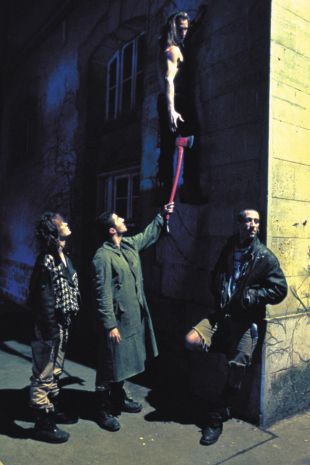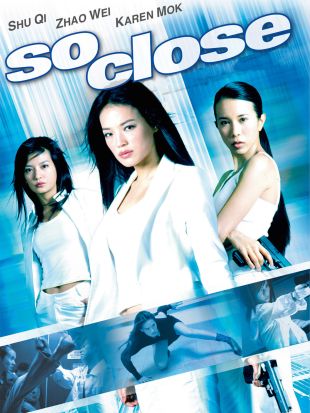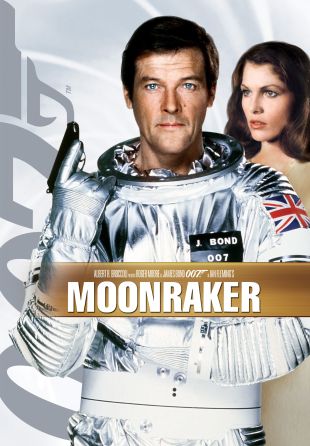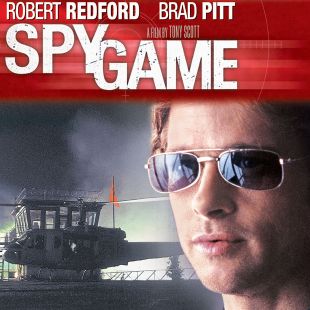
La Femme Nikita (1997)
Genres - Drama, Action, Adventure, Spy Film |
Sub-Genres - Spy Show [TV] |
Run Time - 42 min. |
Countries - Canada, United States |
Share on
Synopsis by Hal Erickson
Premiering January 13, 1997, on the USA network, the hour-long espionage series La Femme Nikita was based on the 1990 French film of the same name -- or, to be more accurate, it was based on the 1993 American remake, Point of No Return. Peta Wilson starred as Nikita, a convicted criminal serving a life sentence for killing a cop. Problem was, Nikita was innocent; she had been framed for the murder. Unexpectedly sprung from prison by the covert government anti-terrorist organization Section One, Nikita was given a choice by the mysterious sections chief (Eugene Robert Glazer), whose name was Paul L. Wolfe but who was known as "Operations": work for us as a spy or rot in jail. Upon agreeing to these terms, Nikita was informed that she would be "canceled" (read: killed) if she ever refused an order or betrayed Section One. Trained in all aspects of self-defense, and outfitted with an arsenal of state-of-the-art weapons, Nikita embarked on a crusade against worldwide terrorism -- often using tactics that were as vicious and sadistic as those of the people she was tracking down. Dispatching Nikita on her various assignments were Michael Samuelle (Roy Dupuis), who became her lover as well as her mentor; Madeline (Alberta Watson), a ruthless master strategist; Walter (Don Francks), taciturn weapons expert; and computer whizzes Seymour Birkoff (Matthew Ferguson) and Kate Quinn (Cindy Dolenc). Adding an extra dimension to the series' derring-do was the fact that Nikita could trust absolutely no one, not even her closest associates -- who in turn, deeply mistrusted one another (and for very good reason!). La Femme Nikita ran for five seasons and 96 episodes, the last one filmed in 2001.
Characteristics
Moods
Themes
Keywords
covert-operation, spy, anti-terrorism











